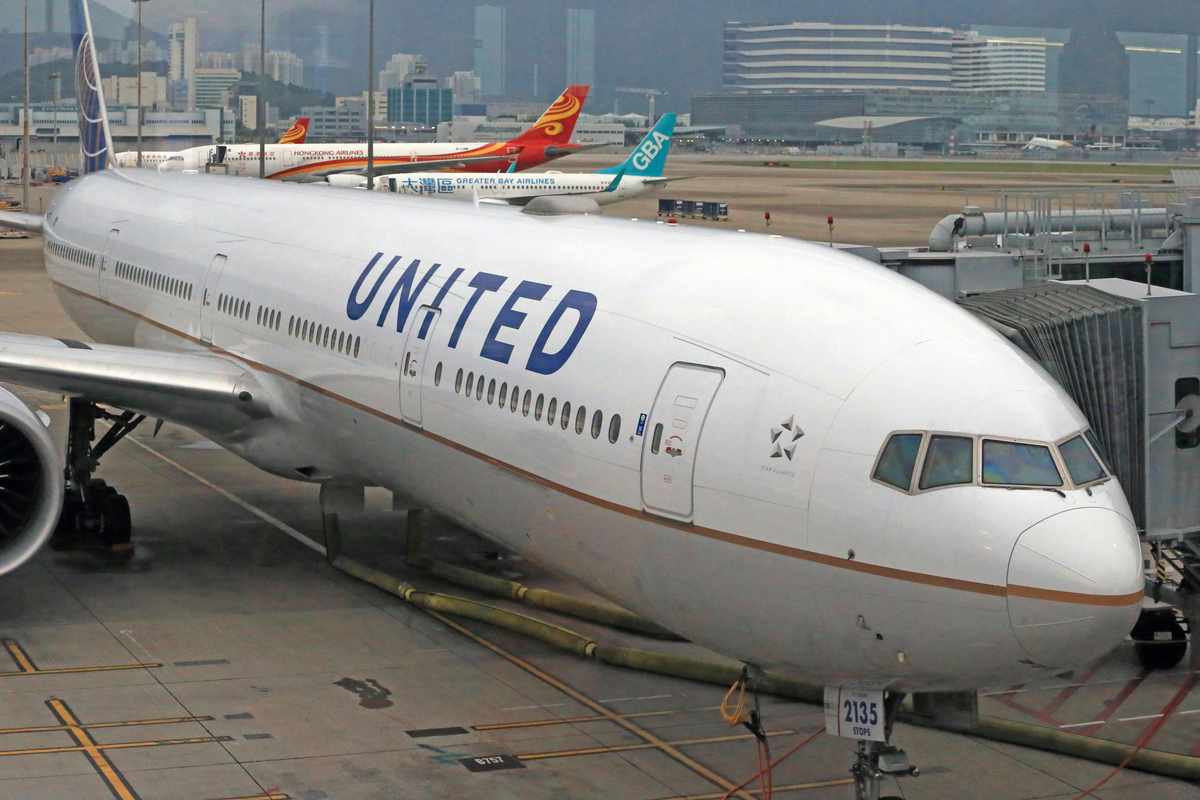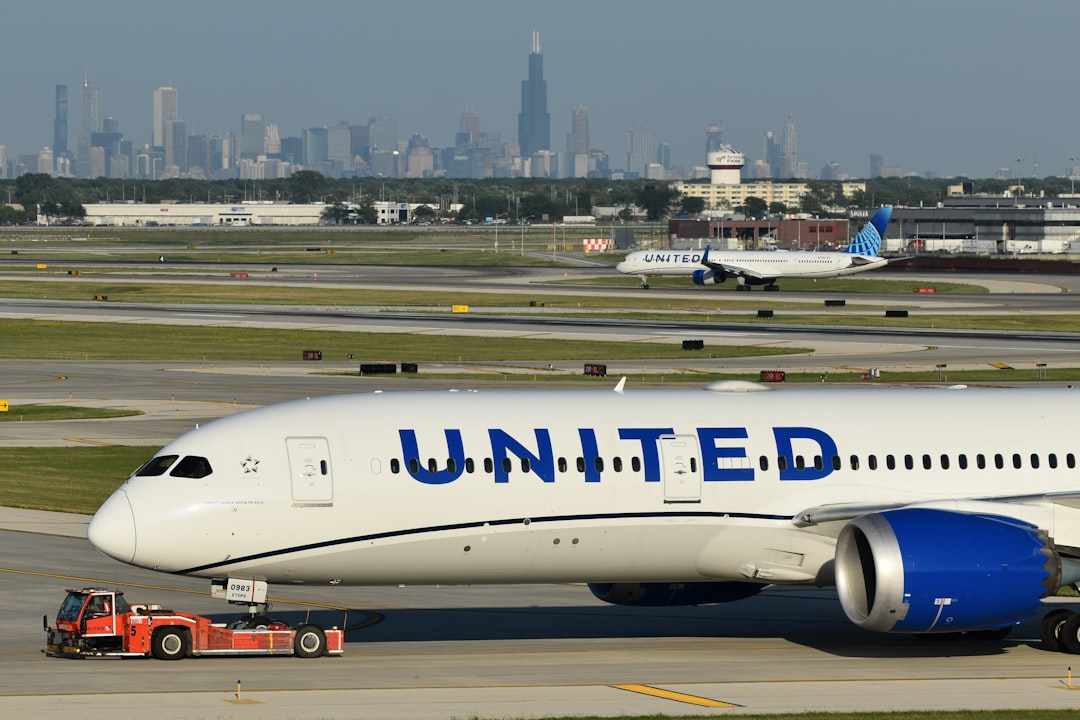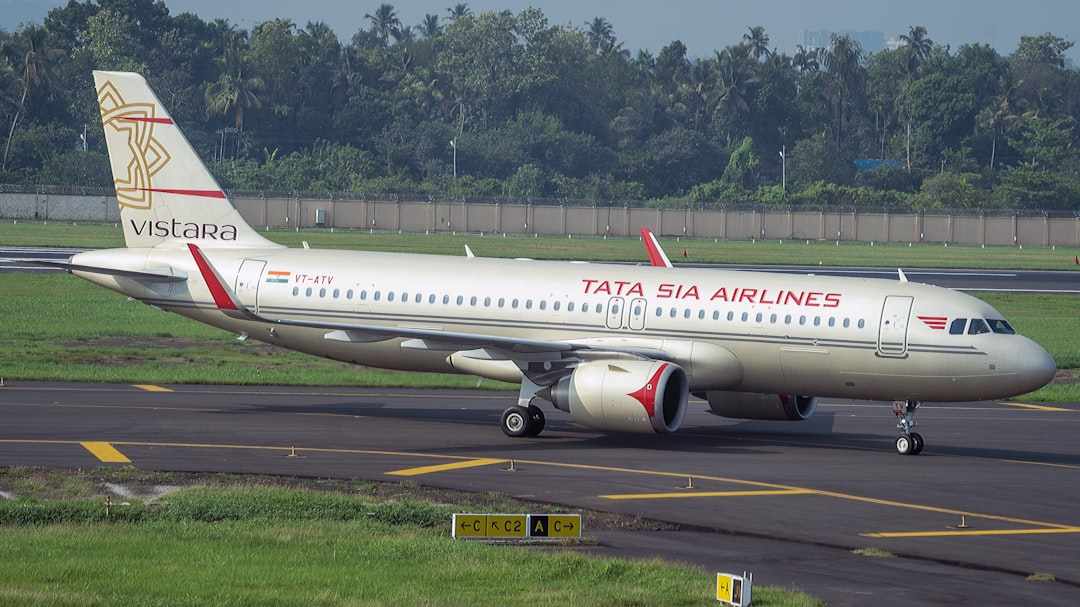U.S. senators have pressed Tata Consultancy Services to explain how it uses the H-1B visa program amid widespread tech layoffs in the United States 🇺🇸. In a letter sent to TCS leadership, Senate Judiciary Committee Chair Chuck Grassley and Ranking Member Dick Durbin asked for detailed data on H-1B wages, benefit parity, recruitment methods, and whether American workers were displaced. The lawmakers set a firm reply deadline of October 10, 2025 and said the answers will help determine if stronger oversight is needed as the industry continues to shed jobs.
The push comes after TCS reported major workforce cuts while also remaining a top H-1B employer. The company announced more than 12,000 layoffs globally, including dozens of roles in Jacksonville, even as it secured approval for 5,505 new H-1B hires in FY 2025—one of the highest totals among U.S. petitioners, alongside firms like Amazon, Microsoft, Google, and Deloitte.

According to analysis by VisaVerge.com, TCS ranked among the largest employers of newly approved H-1B beneficiaries this fiscal year, placing the company at the center of an intensifying debate over how employers balance visa-based hiring with domestic workforce needs during periods of contraction.
H-1B program basics and official guidance
The H-1B program allows U.S. employers to hire foreign professionals in specialty jobs when they cannot find qualified U.S. workers. Employers must meet wage rules meant to protect the labor market, and federal agencies can take action if companies break the rules.
For readers looking for the official program framework, the USCIS H-1B program page explains eligibility, employer attestations, and annual caps:
– https://www.uscis.gov/working-in-the-united-states/temporary-workers/h-1b-specialty-occupations
Core concerns in the senators’ inquiry
At the heart of the senators’ inquiry is whether TCS’s hiring, pay, and staffing practices fit the law’s intent. Lawmakers asked if H-1B wages and benefits at TCS match those of U.S. workers with similar experience and duties, and whether any American employees were replaced by H-1B workers in locations where layoffs occurred.
They also questioned:
– Whether job ads for visa roles are posted differently from other openings.
– Whether third-party staffing firms help place H-1B workers inside TCS in ways that blur the employment chain.
These issues have drawn attention as layoffs ripple through the tech sector, raising the stakes for both employers and visa holders navigating uncertain futures.
Senators’ letter: the data requested and why it matters
The letter, dated September 24, 2025, asks TCS CEO K. Krithivasan to answer nine core questions and provide supporting records. The queries aim to test TCS’s hiring rationale, pay practices, and staffing model:
- Why hire large numbers of H-1B workers when many American tech workers have lost jobs in recent years?
- What steps does TCS take to fill roles with U.S. workers before filing H-1B petitions? Include proof.
- Are H-1B job ads posted separately from general job ads, limiting public visibility?
- Did any H-1B workers displace U.S. employees at TCS, including at sites facing layoffs?
- Do H-1B employees receive the same salary and benefits as U.S. workers with comparable roles? Provide specifics.
- How many H-1B hires are at “level one” pay—the lowest wage tier—and how many remain at that level?
- Does TCS use contractors or staffing firms to recruit or place H-1B workers within the company?
- Of the H-1B workers at TCS today, how many are directly employed and paid by TCS?
- For H-1B workers approved in 2025, how many were assigned to other companies and paid by firms other than TCS?
These questions go to the core of federal protections for both U.S. and foreign workers. The law expects employers to pay fair, market-based wages to H-1B staff and to avoid using visa hiring to undercut American pay or reduce headcount. If lawmakers find gaps, they could push for new rules, more audits, or penalties.
Separate regulatory scrutiny: EEOC inquiry
TCS also faces separate risk from ongoing Equal Employment Opportunity Commission (EEOC) inquiries. The EEOC has been examining claims that older American workers were cut while newly hired South Asian H-1B staff were retained or brought in—an allegation TCS has disputed.
- While the EEOC process is confidential, any finding could add to the company’s regulatory pressure in the U.S. market.
- Such findings could also raise questions for clients who depend on TCS for critical systems work.
What’s at stake: wages, benefits, and staffing models
H-1B wages are central to how the program functions. Employers must promise to pay at least the prevailing wage for the job and location. This is meant to ensure visa hiring does not push down pay or create an unfair advantage over companies that hire locally.
Key focus areas for lawmakers:
– How often companies choose the lowest acceptable wage level.
– How long workers remain at that wage level.
– Whether pay grows as skills and duties expand.
If large employers rely heavily on lower wage tiers while continuing layoffs, critics argue the balance tilts away from the program’s goals.
For H-1B workers at TCS and similar firms, wage and benefit parity affects everyday life:
– Ability to cover high rents in tech hubs.
– Support for families and visa-related costs.
– Access to health insurance, retirement plans, and bonuses as part of total compensation.
Differences in benefits can widen gaps even when base pay appears aligned.
Staffing arrangements and transparency
The staffing structure also matters. Lawmakers want to know if TCS:
– Uses third-party vendors that recruit H-1B workers who then work at TCS sites.
– Sends approved H-1B workers to client locations who are paid by other firms.
These arrangements are common in consulting, but they complicate responsibility for wages, compliance, and working conditions. They can also make it hard for job seekers to see and apply for roles if postings are split across different channels.
The letter’s push for transparent recruitment aims to ensure Americans can compete for the same openings before a company turns to visa petitions.
Wider policy implications and market response
While TCS is the current focus, the inquiry signals a wider policy push:
– The same letter campaign reached other major tech and consulting firms.
– Bipartisan interest in tightening H-1B and L-1 rules has grown with each new round of layoffs.
– Congress has floated legislation that would add disclosure requirements, restrict certain outsourcing models, and toughen penalties for abuse.
Potential market effects:
– Institutional clients often ask vendors to certify compliance with U.S. wage and labor rules—especially for on-site work.
– Prolonged scrutiny can raise contracting costs, lengthen sales cycles, or push clients to diversify suppliers.
– For TCS, reputational pressure can matter as much as regulatory risk given its long-term client relationships.
Possible outcomes and next steps
What happens next will turn on TCS’s response by October 10, 2025.
- If the company provides robust wage data, clear hiring records, and detailed explanations for its staffing choices, lawmakers may hold off on sharper measures.
- If the response is thin or inconsistent, further investigation could follow, including requests for testimony, referrals to agencies, or targeted audits.
The outcome could push other firms to review their H-1B policies to head off similar inquiries.
Broader stakes and policy proposals
VisaVerge.com reports that the size of TCS’s FY 2025 approvals places it near the top of the H-1B landscape, making this case an early test of how high-volume petitioners will defend their models.
Lawmakers are watching whether big employers can show they:
– Posted jobs widely.
– Considered U.S. candidates.
– Kept H-1B wages in line with peers.
They also want clarity on whether workers were let go in one department while similar visa roles were added in another—a scenario that could inflame public concern.
A notable policy proposal in discussion would raise the H-1B application fee to $100,000 beginning in FY 2027. If adopted, that level could drastically change employer behavior:
– Large petitioners like TCS would face intense budget pressure to reduce filings or shift work offshore.
– While fees change through formal rulemaking or law, the proposal shows how quickly the policy debate is moving.
Human impact: workers on both sides
For workers—both domestic and foreign—the stakes are personal:
- An American systems analyst in Florida who lost a job during a local restructuring may ask whether her role, or a similar role, was later filled through a visa petition.
- An H-1B developer at TCS in Texas will want assurance that his pay matches that of his U.S. colleagues doing the same work, and that transfers and reviews are fair and documented.
Both groups need clear, transparent employer practices to feel the system is working.
Final takeaway
The broader question is how to balance real skill shortages with fairness in a cooling job market. Even critics agree many U.S. projects depend on foreign talent for niche systems and migration work. Lawmakers want hard evidence that employers turn to visas only after a fair, open search and that H-1B wages reflect the true market.
The TCS case will serve as a bellwether:
– If one of the world’s largest IT services firms can present strong records and parity data under pressure, others will be expected to do the same.
– If not, rule changes and tougher enforcement may follow, shaping how companies plan workforce needs well beyond the next fiscal year.
This Article in a Nutshell
Senators Chuck Grassley and Dick Durbin have pressed Tata Consultancy Services for comprehensive records on H-1B wages, recruitment transparency, benefit parity, and possible displacement of U.S. workers. The September 24, 2025 letter asks nine detailed questions and requests supporting documents, focusing on whether job postings differ for visa roles, use of third-party staffing, and how many hires remain at the lowest wage tier. The inquiry follows TCS’s announcement of more than 12,000 global layoffs and approval of 5,505 H-1B hires in FY 2025. TCS must reply by October 10, 2025. The results could prompt tighter oversight, legislative changes such as higher application fees, or targeted audits, and will affect employers, visa holders, and clients who rely on TCS services.








